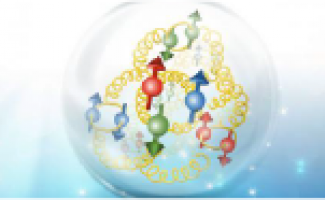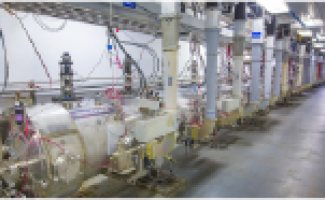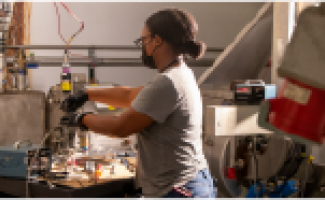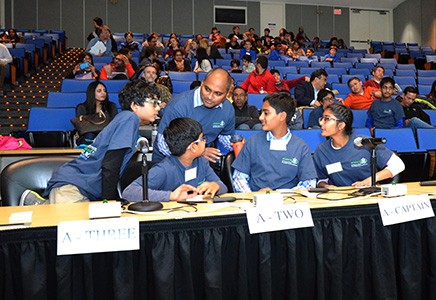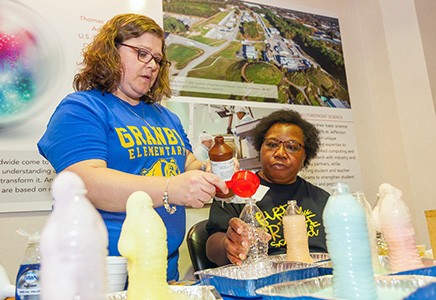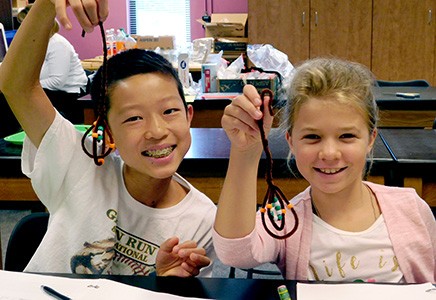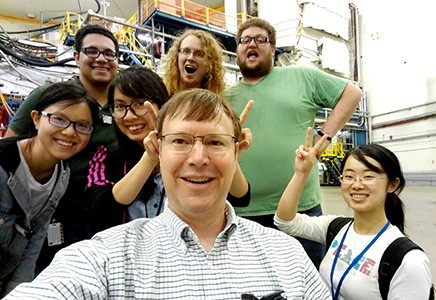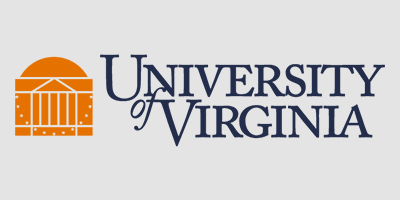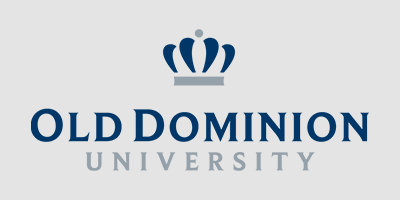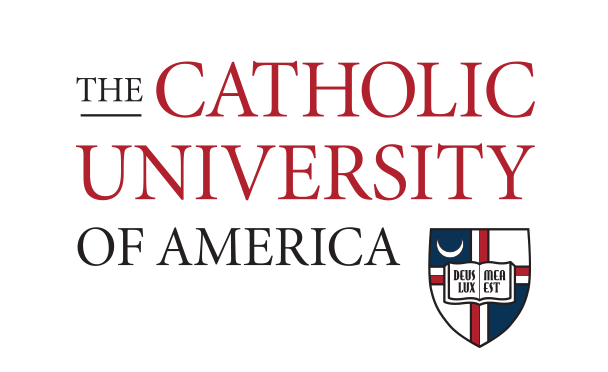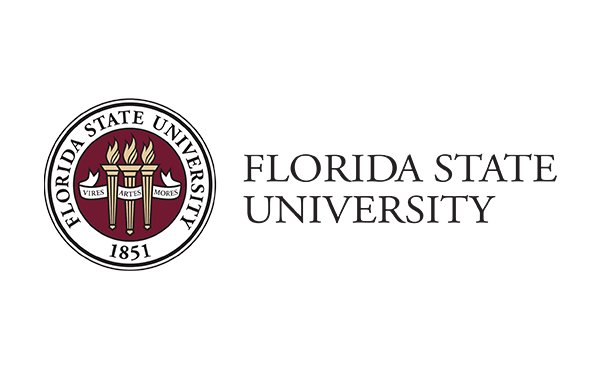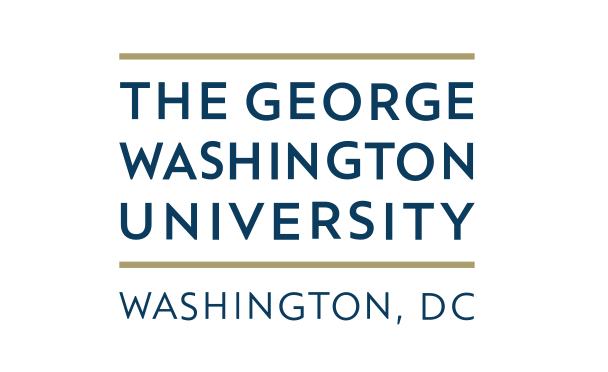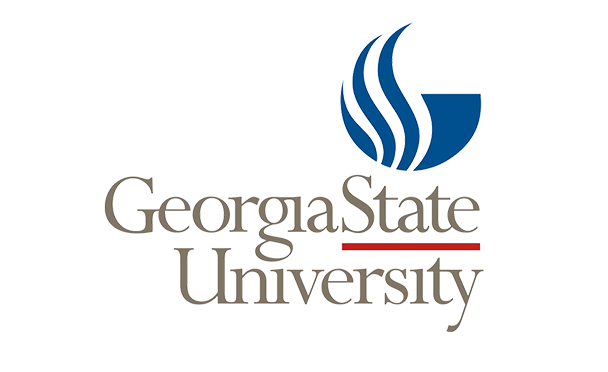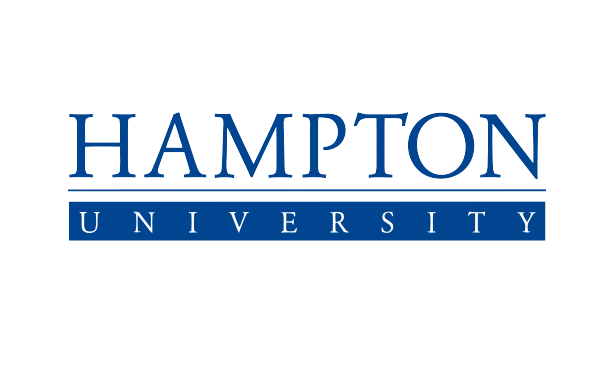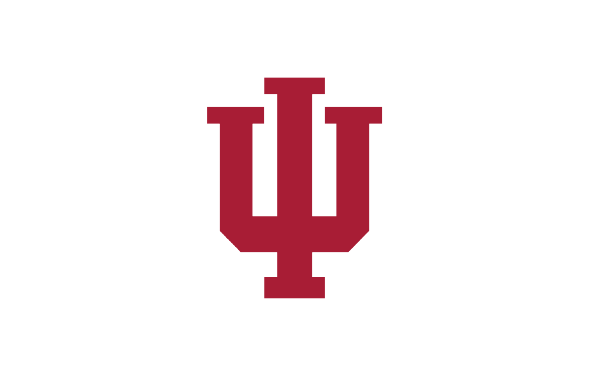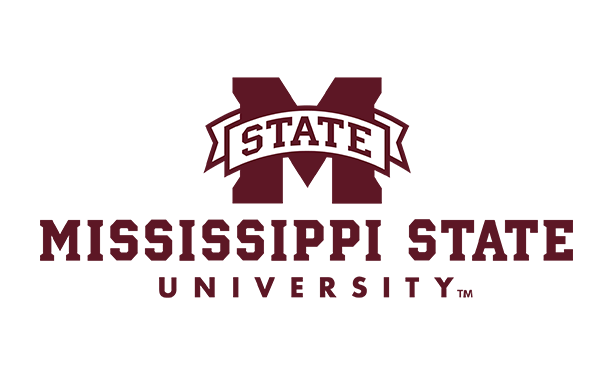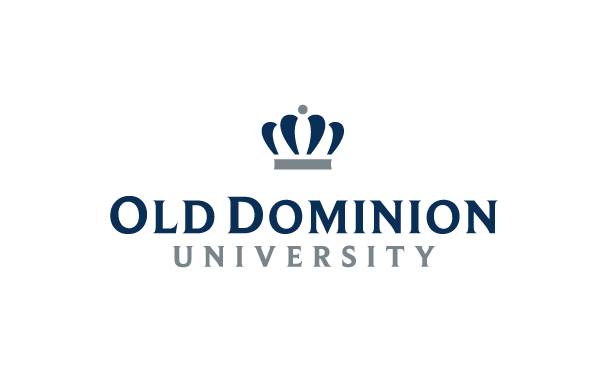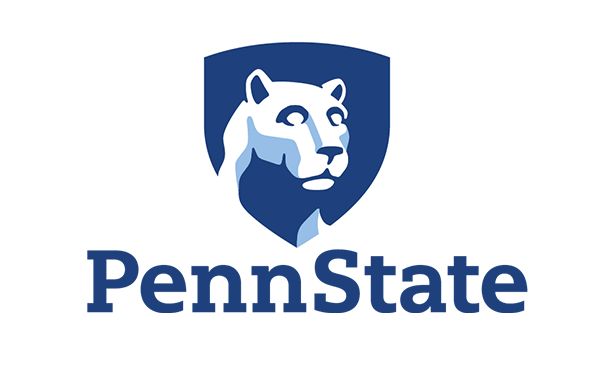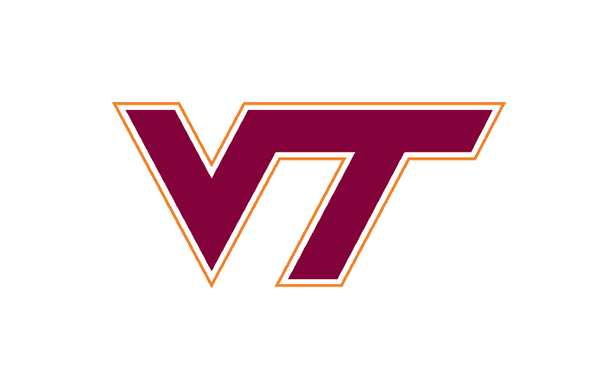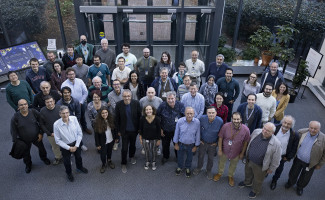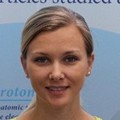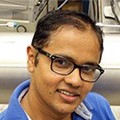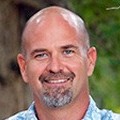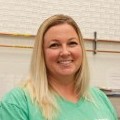Current CLAS Collaboration Chair leads international groups with verve and heart
Paris-based physicist Silvia Niccolai first came to the U.S. Department of Energy’s Thomas Jefferson National Accelerator Facility 24 years ago, as an undergraduate student from Genova University (Italy). She then joined Experimental Hall B’s CEBAF Large Acceptance Spectrometer (CLAS) collaboration while a Ph.D. candidate at the George Washington University.
Since then, Niccolai has gone on to publish more than 200 peer-reviewed articles—16 as lead author—on topics including CLAS, the Heavy Photon Search Experiment (HPS) and G-Zero parity-violating electron scattering experiments.
Niccolai’s quest for a deeper understanding of the structure of the nucleon has earned her the respect of her peers and landed her in influential positions. She is a research director in the Irene Joliot-Curie Laboratory (IJCLab) in Orsay and heads the Jefferson Lab group in France. She is also a member of the European Physical Society Nuclear Physics Board and of the LHCC (Large Hadron Collider Committee) at CERN.
Among her achievements, she has developed the Central Neutron Detector for CLAS12, which can detect 0.2-1 GeV neutrons at lab polar angles from 40 to 120 degrees.
She is also a presenter comfortable on the international stage who has given several dozen talks at scientific events, including the International Nuclear Physics Conference (INPC), the European Nuclear Physics and the IUPAP Nuclear Science Symposium. She has given presentations to the Program Advisory Committee of JLab and to the Scientific Council of Institut National de Physique Nucléaire et de Physique des Particules (IN2P3) in France.
Taking the lead as incumbent chair of CLAS
With all that Niccolai has managed to partake in already in her career, she is energized in new ways through her role as the current chairperson of the CLAS collaboration. A new CLAS chairperson is elected every two years—a tradition that has not changed since the project began three decades ago. She is already headlong into her role as the 15th incumbent chair of CLAS.
At any given time, the CLAS collaboration involves between 200 and 300 collaborators located worldwide. In total, more than 800 scientists have collaborated on CLAS since its inception.
The role of the chair is one that requires a very different type of skill than any she has been called upon to use before as a scientist. It involves “coordinating the activities of the Collaboration, taking care of the publications, organizing meetings, and making sure the physics is of quality for the entire project,” Niccolai explains.
“Being the CLAS chair is challenging. I am constantly asked new kinds of things—from someone sending a last-minute email to say they can’t attend a meeting to managing all of the publication procedures for the collaboration—suddenly I’m learning so many new things and building on my experience and knowledge.
“Science, I know,” Niccolai says. “The physics I’m doing at JLab mainly involves studying how matter stays together and the origin of the properties of the constituents of matter,” Niccolai says. “Yet in all of our scientific training, there’s no project management training. The technical aspect of managing humans is something you learn on the job. You start as a student, and as you move on and grow up, the experience you gain helps you develop these other skills.”
Changes in communication technology impacts science
Niccolai notes that while scientists still seek to understand the inner workings of nature like they have done for centuries, the way they approach scientific inquiry has demonstrably changed. It has only recently been possible to collaborate in real-time with colleagues located around the world.
Thanks to ever-advancing communication technologies, scientists can exchange ideas with greater ease and efficiency than ever before. This rapid information exchange is resulting in scientific inquiries—and the fields of those inquiries—becoming increasingly specialized as researchers develop niche interests that may occupy them for an entire career.
“My lab (IJCLab) has different branches focused on different areas of physics,” she explains. “Here, physicists and engineers conduct experiments that fit under the umbrella scientific discipline of ‘physics,’ though scientists may be studying extraordinarily specific sub-fields.”
The four branches of physics IJCLab is focused on are nuclear, particle, accelerator and applied.
The founder of Niccolai’s namesake lab—Irene Joliot-Curie—was a scientist and the daughter of famed scientists Pierre and Marie Curie. Niccolai points to the achievements of Marie Curie in two separate scientific fields to illustrate how focused the research lens has become since the days of the Curies.
“Marie Curie has two Nobel Prizes; one was in physics and one was chemistry,” Niccolai notes. “At that time, how scientists approached research was more flexible and less specialized than it is now.”
Looking forward, Niccolai plans to dive back into her old way of doing things once her tenure as CLAS chairperson comes to an end in September 2023.
“I think once I’m done with being CLAS chair, I will go back to running my experiments and taking care of my students,” she says. “My heart is in CLAS and JLab.”
Further Reading
Learn more about Irene Joliot-Curie (IJC) Lab
Learn more about the CLAS collaboration at the lab
Visit the CLAS12 Wiki
Learn more about the LHCC at CERN
By Carrie Rogers


